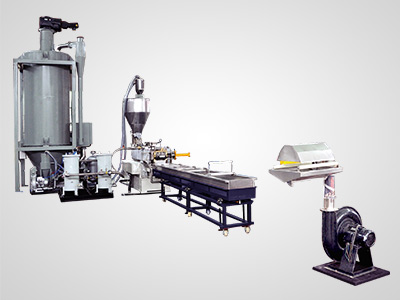From Waste to Resource: Maximizing Yield with Plastic Film Recycling Washing Lines
Plastic film recycling represents a critical aspect of waste management, offering a sustainable solution to the ever-growing problem of plastic pollution. Central to this process are washing lines, which play a pivotal role in transforming discarded plastic film into valuable resources. In this article, we will explore how washing lines maximize the yield of recycled materials, turning waste into valuable commodities.
Washing lines are integral components of plastic film recycling facilities, where they are tasked with cleaning and preparing plastic film for reuse. The process begins with the sorting of incoming materials, where various types of plastic film are separated based on their composition, thickness, and color. Once sorted, the plastic film is fed into the washing line, where it undergoes a comprehensive cleaning process.
The cleaning process consists of multiple stages, each aimed at removing different types of contaminants from the plastic film. Water and detergents are used to loosen dirt, grease, and other surface impurities, while mechanical scrubbers and brushes ensure thorough cleaning. Sophisticated filtration systems are then employed to remove solid particles from the wash water, allowing it to be recycled within the system.
One of the primary benefits of washing lines is their ability to maximize the yield of recycled materials. By effectively removing contaminants, washing lines ensure that the resulting material meets stringent quality standards. This high-quality recycled plastic can then be used in a variety of applications, including the production of new packaging, construction materials, and consumer goods.
Maximizing yield is essential for the economic viability of plastic film recycling operations. Washing lines help extract the maximum amount of usable material from discarded plastic film, minimizing waste and maximizing revenue. This not only improves the profitability of recycling facilities but also promotes sustainability by reducing the need for virgin materials and minimizing environmental impact.
As the demand for recycled materials continues to rise, washing lines will play an increasingly crucial role in the plastic film recycling industry. By maximizing yield and transforming waste into valuable resources, washing lines contribute to a more sustainable future, where the circular economy thrives, and resources are conserved for generations to come.




























